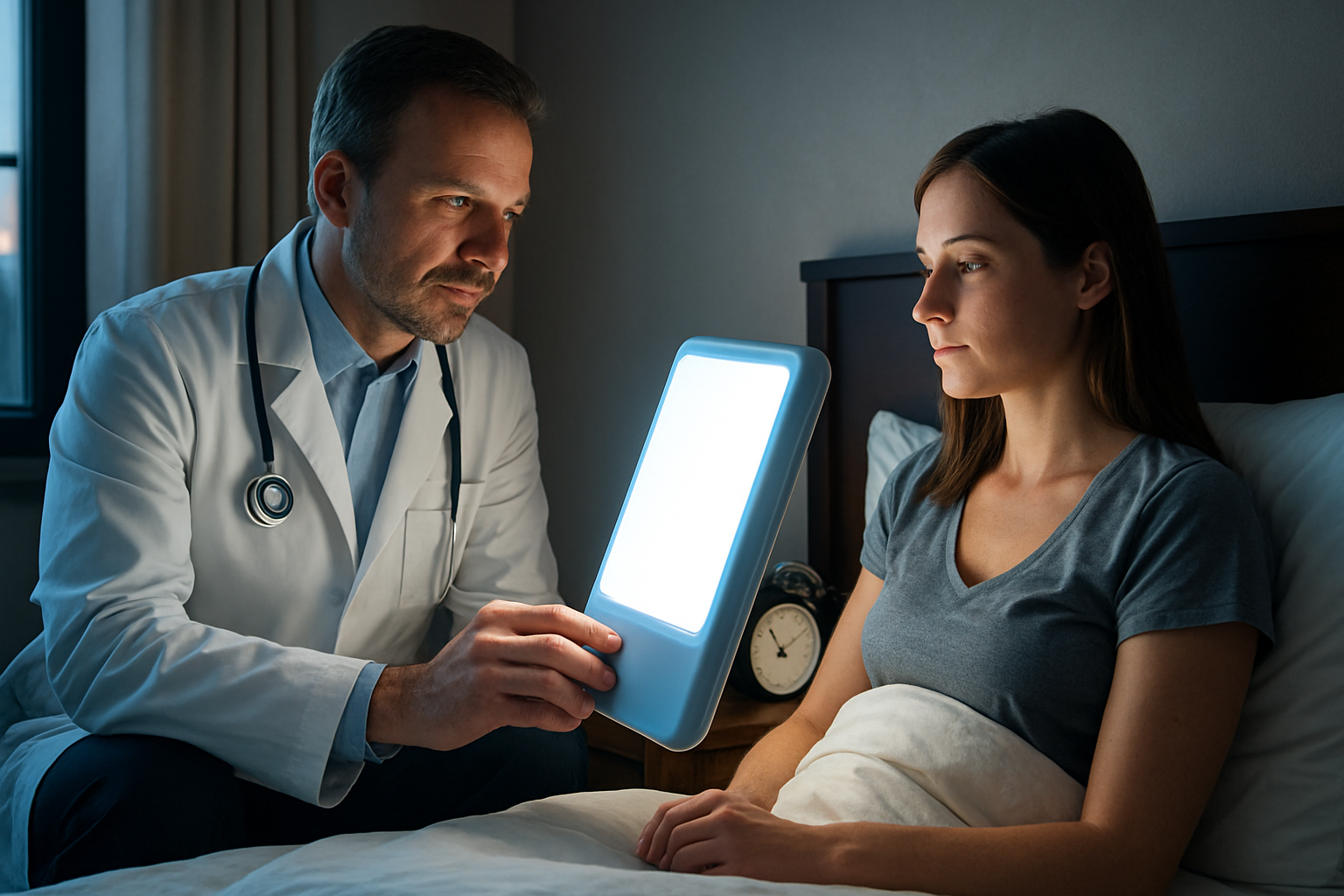"Unlocking the Link Between Quality Sleep and Health: A Comprehensive Guide"
In this article, we delve into the crucial connection between quality sleep and overall health outcomes. Discover evidence-based strategies and insights to enhance your sleep quality and, in turn, positively impact your well-being. From understanding the science behind sleep to practical tips for better rest, this guide offers a holistic approach to improving your sleep health.

How Does Sleep Quality Impact Your Overall Health?
The connection between sleep and health runs deeper than most people realize. During quality sleep, your body undergoes critical repair processes, including tissue regeneration, memory consolidation, and immune system strengthening. Poor sleep quality has been linked to increased risks of cardiovascular disease, diabetes, obesity, and mental health disorders. Research consistently shows that adults who get 7-9 hours of quality sleep per night experience better cognitive function, emotional regulation, and physical health outcomes compared to those with disrupted or insufficient sleep patterns.
What Does Sleep Science Tell Us About Better Rest?
Sleep science reveals that our bodies follow natural circadian rhythms controlled by internal biological clocks. These rhythms regulate hormone production, including melatonin and cortisol, which directly influence our sleep-wake cycles. Studies have identified two main types of sleep: REM (Rapid Eye Movement) and non-REM sleep, each serving unique functions in brain restoration and memory processing. Understanding these cycles helps explain why consistent sleep schedules and proper sleep hygiene are essential for maintaining healthy sleep patterns and achieving restorative rest.
Which Sleep Habits Lead to Quality Improvement?
Developing better sleep habits requires consistency and attention to your sleep environment. Key habits include maintaining a regular bedtime schedule, creating a cool, dark, and quiet sleeping space, and avoiding screens for at least one hour before bed. Limiting caffeine intake after 2 PM, engaging in regular physical activity, and establishing a relaxing pre-sleep routine can significantly improve sleep quality. Additionally, avoiding large meals, alcohol, and excessive fluid intake close to bedtime helps prevent sleep disruptions and promotes more restful nights.
Can Lifestyle Changes Improve Sleep Quality Naturally?
Natural approaches to sleep quality improvement often prove highly effective without the need for medications. Regular exercise, particularly moderate aerobic activity, has been shown to reduce the time it takes to fall asleep and increase deep sleep duration. Stress management techniques such as meditation, deep breathing exercises, and progressive muscle relaxation can help calm an overactive mind. Dietary adjustments, including incorporating foods rich in tryptophan, magnesium, and melatonin precursors, can naturally support your body’s sleep processes and promote better rest.
What Sleep Disorder Treatment Options Are Available in the United States?
The United States offers comprehensive sleep disorder treatment through various healthcare providers and specialized sleep centers. Board-certified sleep medicine physicians can diagnose conditions like sleep apnea, insomnia, restless leg syndrome, and narcolepsy through sleep studies and clinical evaluations. Treatment approaches range from cognitive behavioral therapy for insomnia (CBT-I) to medical devices like CPAP machines for sleep apnea. Many major medical centers, including Mayo Clinic, Cleveland Clinic, and Johns Hopkins, operate accredited sleep disorder centers that provide comprehensive diagnostic and treatment services.
How Much Do Sleep Disorder Treatments Typically Cost?
Sleep disorder treatment costs vary significantly depending on the type of evaluation and treatment required. Initial consultations with sleep specialists typically range from $300-500, while overnight sleep studies can cost between $1,000-3,000. Treatment costs depend on the specific disorder and approach used, making it important to understand your options and insurance coverage.
| Treatment Type | Provider Examples | Cost Estimation |
|---|---|---|
| Sleep Study | Hospital Sleep Centers | $1,000-$3,000 |
| CPAP Therapy | ResMed, Philips Respironics | $800-$3,000 |
| CBT-I Therapy | Licensed Sleep Therapists | $100-$200 per session |
| Sleep Consultation | Board-Certified Sleep Physicians | $300-$500 |
Prices, rates, or cost estimates mentioned in this article are based on the latest available information but may change over time. Independent research is advised before making financial decisions.
Quality sleep serves as the foundation for optimal health and well-being. By understanding the science behind sleep and implementing evidence-based strategies for improvement, you can significantly enhance your sleep quality and overall health outcomes. Whether through lifestyle modifications, professional treatment, or a combination of approaches, investing in better sleep pays dividends in every aspect of your life. Remember that persistent sleep problems warrant professional evaluation to identify and address any underlying sleep disorders that may be affecting your health.
This article is for informational purposes only and should not be considered medical advice. Please consult a qualified healthcare professional for personalized guidance and treatment.




